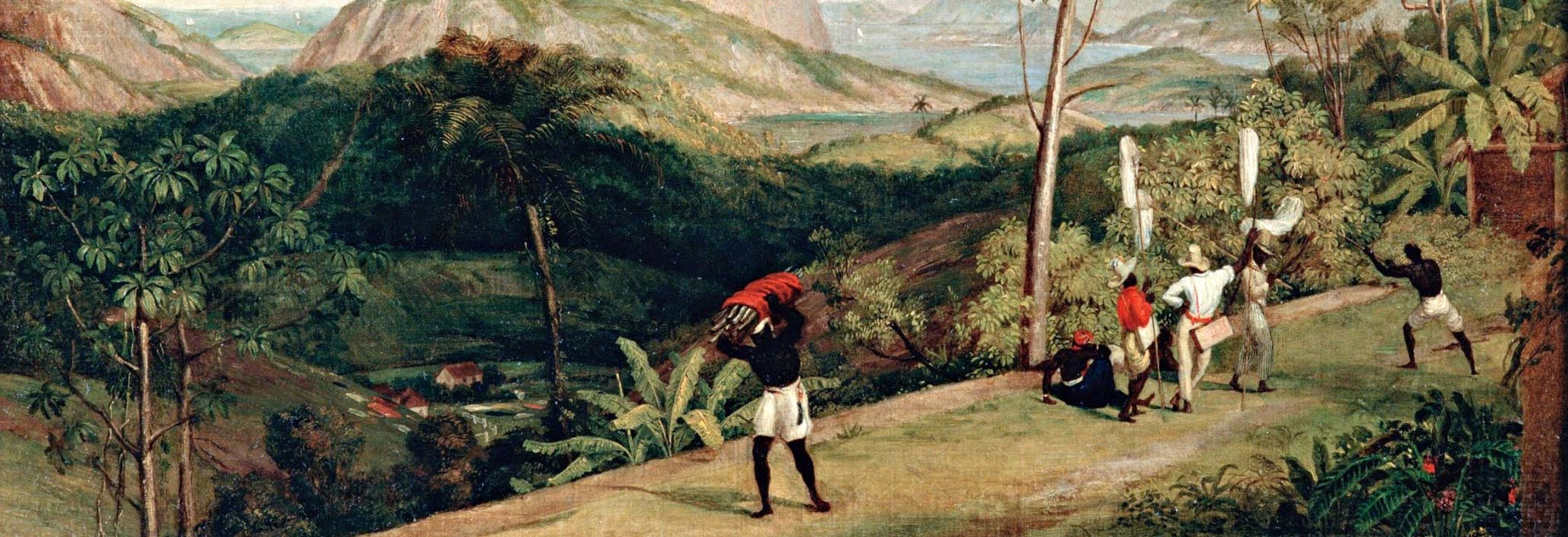Tito Livio de Castro was a nineteenth-century Afro-Brazilian physician and sociologist who made important contributions to the study of race, gender, and education.
Castro was born in 1864 in the Brazilian capital of Rio de Janeiro and was abandoned by his unknown mother shortly after birth. She was likely a slave who sought to attain her son’s freedom by abandoning him. This was a strategy to free children that was used only rarely by Brazilian slaves prior to the 1871 Law of the Free Womb. Castro was taken in and raised by Portuguese businessman Manoel da Costa Paes. Paes arranged for Castro’s education, which included study on a scholarship for poor students at Rio’s elite secondary school Colégio Pedro II. After graduating, Castro enrolled at the Faculty of Medicine of Rio de Janeiro between 1884 and 1889. While studying medicine, he wrote about social conditions in Brazil, penning articles in publications like The Province of São Paulo. Castro’s thesis, “Of Hallucinations and Illusions,” reflected his extensive interest in psychiatry. He taught psychiatry at the medical school for two months until his death in 1890.
Castro was a disciple of the Brazilian intellectual Silvio Romero and a keen reader of social theory and craniology, including works by Darwinist Ernst Haekel, sociologist Auguste Comte, and Brazilian intellectuals. He was a key member of the Escola do Recife (Recife School) of social thought that gained influence in the 1870s. Castro’s writings became noteworthy for their emphasis on positivist approaches to modern Brazilian problems. His most well-known work was Women and Sociogenesis, a study addressing the importance of education for the betterment of all women. Castro emphatically believed that women were inferior to men, but that they could be uplifted by education and societal emphasis on overcoming the differences between males and females. Castro’s ideas about race and society predated some of the formulations about Brazil as a racial democracy developed by sociologist Gilberto Freyre that would reach a far wider audience several decades later. In an 1889 essay titled “Hatred among Races,” Castro emphasized the democratic character of Brazil’s race relations, even during slavery, and was a keen supporter of the transition to the Brazilian Republic. Romero helped to disseminate that essay and other writings Castro left behind, especially through the posthumous publication Questions and Problems in 1913.
Bibliography
Andrews, George Reid. “Brazilian Racial Democracy, 1900–90: An American Counterpoint.” Journal of Contemporary History 31 (1996): 483–507.
Araujo de Almeida, Ana Maria. “Um ‘mestiço irrecusável’: Tito Lívio de Castro e o pensamento cientificista no Brasil do século XIX.” M.A. thesis, Federal University of Minas Gerais, 2008.
Castro, Tito Livio de. A mulher e a sociogenia: Obra posthuma, publicada sob a direcçāo de Manoel da Costa Paes. Rio de Janeiro: Francisco Alves, 1893. https://hdl.handle.net/2027/uc1.aa0003904786
Castro, Tito Livio de. Questões e problemas. São Paulo: Empresa de Propaganda Literária Luso-Brasileira, 1913. Preface by Silvio Romero. https://hdl.handle.net/2027/mdp.39015027634891
Richter, Daniel. "Castro, Tito Livio De." Dictionary of Caribbean and Afro-Latin American Biography , edited by Ed. Franklin W. Knight. , edited by and Henry Louis Gates Jr.. . Oxford African American Studies Center, http://www.oxfordaasc.com/article/opr/t456/e437 (accessed Thu Sep 05 10:56:27 EDT 2019).
Author
Daniel Richter
Adapted by
James Almeida and Steven J. Niven
Contributing Institutions
Hutchins Center for African & African American Research, Harvard University, Cambridge, MA.
Oxford University Press (USA) African American Studies Center.





